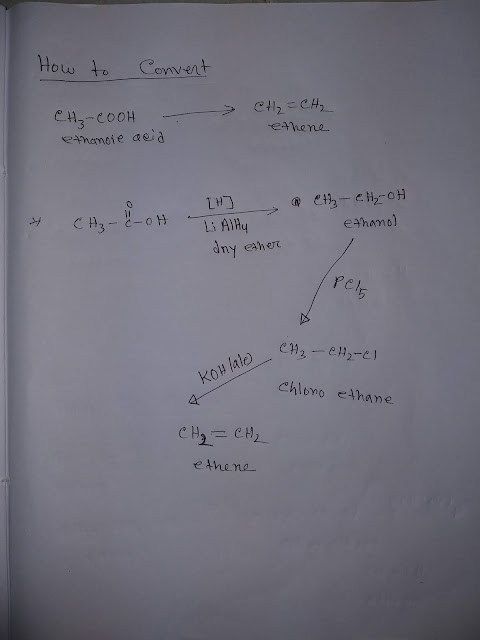【 】What is a prime number? ||Prime number what is
What is a prime number?
Answer:
A prime number is that number that has only two divisors or factors.The first divisor or factor is 1 and the second divisor or factor is itself.
●A prime number is that number that is the product of 1 and itself.
●A prime number has the following characteristics:
1.It is greater than 1
2.It has only two factors.
3.It can't be negative number.It is always positive number.
Now let us take some examples.
●2 is an example of a prime number because it has only two divisors.The first divisor is 1 and the second divisor is 2 (itself)
2 =1×2
The number 2 is a prime number because it is the product of 1 and itself.
●3 is an example of a prime number because it has only two divisors.The first divisor is 1 and the second divisor is 3 (itself)
3 =1× 3
The number 3 is a prime number because it is the product of 1 and itself.
●5 is an example of a prime number because it has only two divisors.The first divisor is 1 and the second divisor is 5 (itself)
5=1×5
The number 5 is a prime number because it is the product of 1 and itself.
●1 is not an example of a prime number because it has only one divisor that is 1.
●7 is an example of a prime number because it has only two divisors.The first divisor is 1 and the second divisor is 7 (itself)
7=1×7
The number 7 is a prime number because it is the product of 1 and itself.
●11 is an example of a prime number because it has only two divisors.The first divisor is 1 and the second divisor is 11 (itself)
11=1×11
The number 11 is a prime number because it is the product of 1 and itself.








Comments
Post a Comment